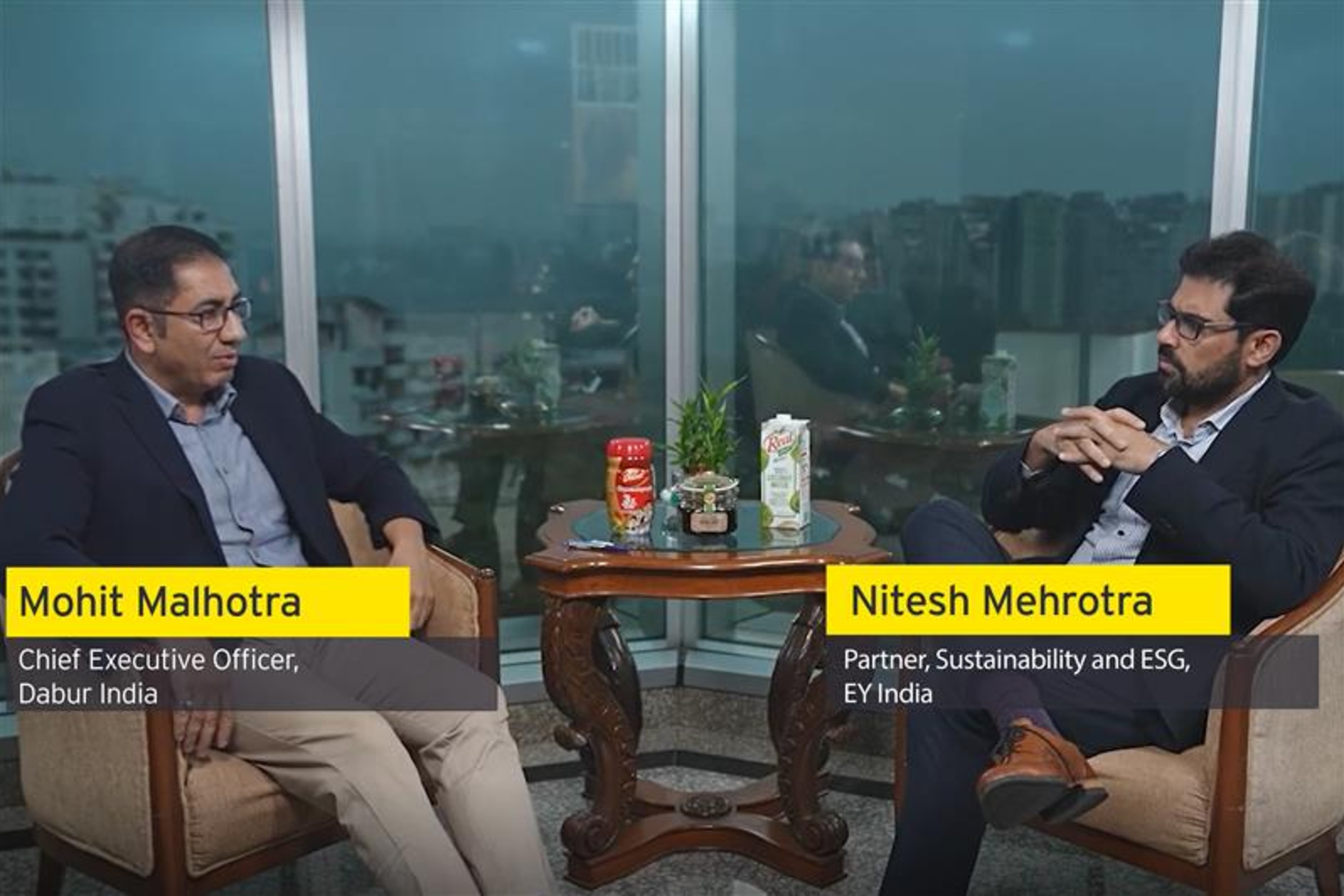EY refers to the global organization, and may refer to one or more, of the member firms of Ernst & Young Global Limited, each of which is a separate legal entity. Ernst & Young Global Limited, a UK company limited by guarantee, does not provide services to clients.
How EY can help
-
Our Valuation, Modeling & Economics services guide you through valuation and business modeling implications to better understand the impact. Find out more.
Read more
The survey indicates that the average cost of equity in India is now 14.2%, up 40-basis points since 2021. Sectoral variations show the highest cost of capital in sectors such as e-commerce, real estate, and IT/ITES. Geopolitical impacts have led companies to adjust projections and scenarios to manage uncertainties.
Rising cost of equity in India
The increase of 40bps in India’s cost of equity, when seen alongside the 100bps rise in long-term bond yields, shows that the Equity market Risk Premium has steadily declined over the past three surveys. This reflects increasing market maturity and reduced volatility in capital costing decisions to other economic variables like interest rates.
Sectoral variations
E-commerce, real estate, and IT/ITES sectors report highest cost of capital, reflecting their higher risk profiles and growth expectations. Conversely, sectors like power and utilities, chemicals, and Media & Entertainment (M&E) feature at the lower end, benefiting from more stable cash flows. This variation highlights the need for sector-specific strategies in investment evaluation processes.
Analyst vs. corporate perspectives
Research analysts report a lower average discount rate at 12%, compared to corporate respondents, primarily due to the different profiles of companies analyzed, with analysts focusing on larger, more mature listed companies. Understanding these differences is essential for accurate return expectations from investments.
Discounted Cash Flow (DCF) methodology
The DCF methodology remains a foundational approach to equity valuation, with a typical five-year forecast period. The survey responses indicate a preference for the Gordon Growth Model in estimating terminal value for the majority of sectors among corporate respondents and research analysts. Sectors such as BFSI, services and real estate were among the few sectors that preferred an Exit Multiple Method. The average terminal growth rate used by corporate respondents for estimating terminal value under the Gordon Growth model is ~4.4% as against ~4.7% as indicated by the analyst cohort.
Impact of geopolitical and economic uncertainties
Global economic challenges, including post-pandemic recovery, geopolitical risks, and inflationary pressures, have led companies to adjust projections and evaluate multiple scenarios. Despite these headwinds, India's robust macroeconomic fundamentals and strategic fiscal measures have maintained a relatively stable cost of equity.
Positive business environment
The survey highlights a generally positive business environment in India, with more than half of the respondents perceiving it as favorable, while about 30% were neutral. Additionally, over 40% found capital raising easier, with more than one-third being neutral. This optimism is aptly supported by India's strong GDP growth and is driven by buoyant domestic demand and increasing private investments.





